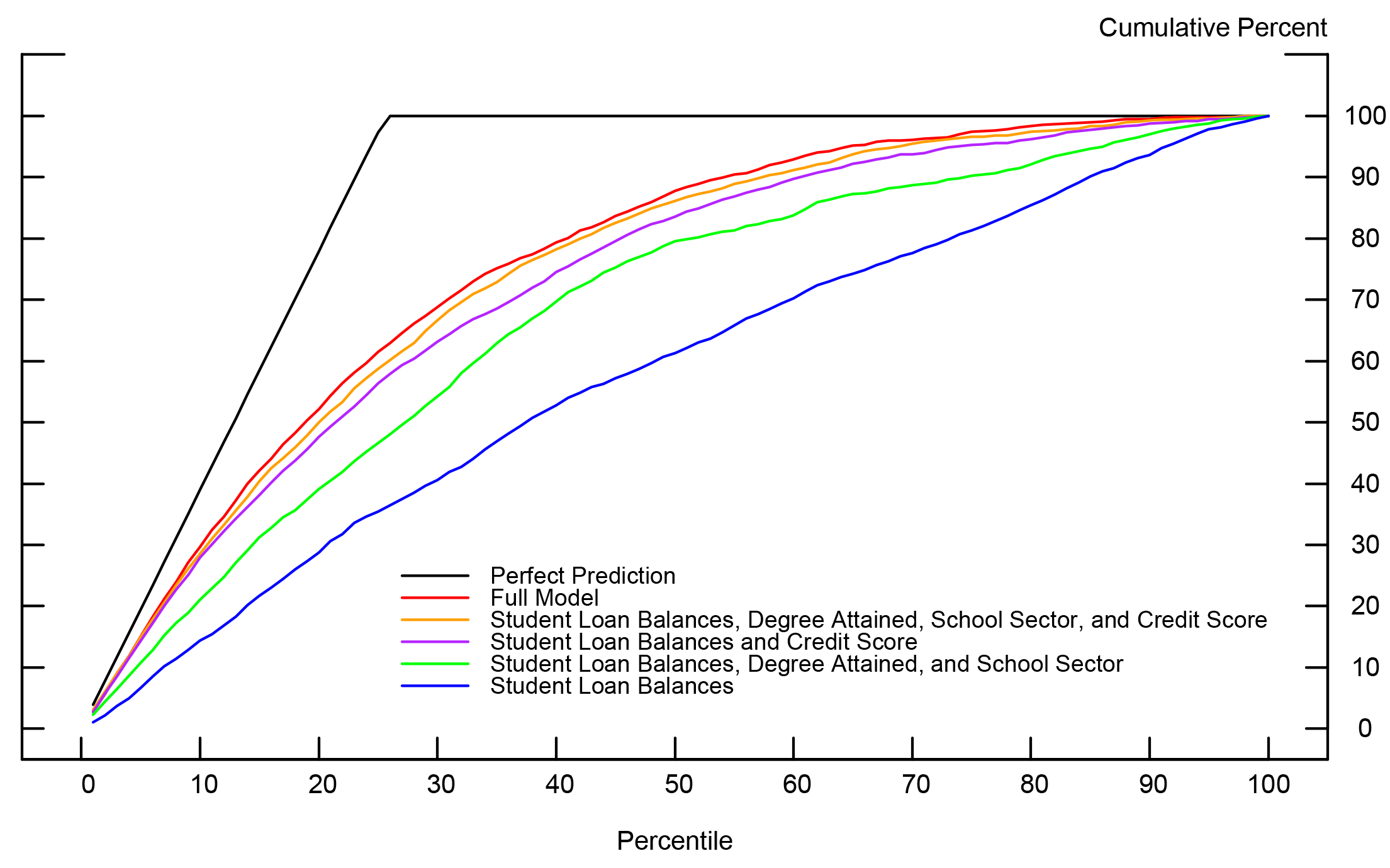Student Loan Delinquency: The Government's Aggressive Pursuit And Your Rights

Table of Contents
Understanding Student Loan Delinquency
Student loan delinquency occurs when you're 90 days or more past due on your student loan payments. This has serious consequences, significantly impacting your credit score and opening the door to aggressive collection actions. The severity of the consequences depends on the type of loan and the amount owed.
Different types of federal student loans—such as Direct Subsidized Loans, Direct Unsubsidized Loans, and Federal Perkins Loans—have similar delinquency implications, although the specific terms might vary slightly. Private student loans often have different processes and may be handled by private collection agencies.
Consequences of student loan delinquency can be severe and far-reaching:
- Credit score damage: A significant drop in your credit score can make it difficult to obtain credit cards, mortgages, auto loans, and even rent an apartment. Repairing your credit after delinquency can take years.
- Wage garnishment: The government can garnish your wages, directly deducting a portion of your paycheck to repay your debt. This can severely reduce your take-home pay and create significant financial hardship.
- Tax refund offset: The government can seize your federal tax refund to apply it towards your delinquent student loan debt. This can delay or entirely eliminate your refund, leaving you with less financial flexibility.
The Government's Collection Tactics for Delinquent Student Loans
The Department of Education (ED) employs various aggressive collection methods to recover delinquent student loan debt. These methods can be stressful and confusing for borrowers. They may include:
- Phone calls: Expect numerous phone calls from the ED or its contractors, often at inconvenient times.
- Letters: You'll receive certified mail and other correspondence detailing your debt and outlining repayment options. Failure to respond can escalate the situation.
- Legal action: In cases of significant delinquency, the ED can take legal action, including lawsuits and wage garnishment orders.
The ED and its contractors typically contact borrowers through various methods:
- Certified mail: This ensures proof of delivery, so ignoring certified mail is strongly discouraged.
- Phone calls: Be prepared for numerous calls, but remember to verify the caller's identity before disclosing any personal information.
- Emails: While less common for official communication, emails might be used for general updates or notices.
Debt Collection Agencies and Their Role
The Department of Education frequently uses private debt collection agencies to pursue delinquent borrowers. These agencies are contracted to collect on behalf of the government and have specific legal authority to do so.
It is crucial to understand your rights when dealing with these agencies:
- Verify legitimacy: Always verify the agency's legitimacy before providing any personal information. Contact the Department of Education directly to confirm.
- Information limits: Debt collectors are legally restricted in the information they can obtain and how they can contact you. The Fair Debt Collection Practices Act (FDCPA) outlines these limitations.
- Report abuse: If you experience harassment or abusive behavior from a debt collection agency, report it to the Consumer Financial Protection Bureau (CFPB) and your state attorney general's office.
Protecting Your Rights as a Borrower Facing Delinquency
Understanding your rights under the Fair Debt Collection Practices Act (FDCPA) is paramount. The FDCPA protects you from abusive, deceptive, and unfair debt collection practices. Familiarize yourself with your rights to avoid unfair treatment.
Several options exist to resolve student loan delinquency:
- Repayment plans: Explore various repayment plans offered by the government, such as Income-Driven Repayment (IDR), Standard Repayment, and Graduated Repayment. Each plan has different terms and eligibility requirements. IDR plans, for example, base your monthly payment on your income and family size.
- Forbearance: This temporarily suspends your payments, but interest may still accrue.
- Deferment: Similar to forbearance, but interest may or may not accrue, depending on the loan type.
Seeking professional help is vital if you're struggling:
- Student loan counselors: Nonprofit credit counseling agencies can provide guidance and help you navigate the complex repayment options.
- Legal aid organizations: If you face legal challenges, legal aid organizations can offer free or low-cost legal representation.
Preventing Student Loan Delinquency
Proactive financial planning is crucial to avoid student loan delinquency. Create a realistic budget, track your expenses carefully, and ensure you understand your loan terms.
Strategies for avoiding delinquency include:
- Automatic payments: Set up automatic payments to avoid missed payments.
- Reminders: Use calendar reminders or payment apps to ensure timely payments.
- Understanding your loans: Familiarize yourself with your loan terms, including repayment amounts, interest rates, and due dates.
Seeking help early is key if financial hardship arises. Don't wait until you're severely delinquent to seek assistance. Contact your loan servicer immediately if you anticipate difficulty making payments.
Conclusion
Navigating student loan delinquency can be daunting, but understanding your rights and available options is crucial. The government's aggressive pursuit of delinquent loans is a reality, but you have legal protections. By proactively managing your loans, understanding your repayment options, and knowing your rights under the FDCPA, you can better navigate this challenging situation. Don’t hesitate to seek professional help if you're struggling with student loan delinquency. Take control of your financial future; learn more about your options to avoid student loan delinquency and protect your financial well-being.

Featured Posts
-
 F 55 And F 22 Upgrades Examining Trumps Military Proposals
May 17, 2025
F 55 And F 22 Upgrades Examining Trumps Military Proposals
May 17, 2025 -
 Numero De Mortos Em Acidente Com Onibus Universitario Aumenta
May 17, 2025
Numero De Mortos Em Acidente Com Onibus Universitario Aumenta
May 17, 2025 -
 Negan In Fortnite Jeffrey Dean Morgans Interview
May 17, 2025
Negan In Fortnite Jeffrey Dean Morgans Interview
May 17, 2025 -
 Get Your Angel Reese Jersey Wnba Opening Weekend Gear Guide
May 17, 2025
Get Your Angel Reese Jersey Wnba Opening Weekend Gear Guide
May 17, 2025 -
 Pistons Game 4 Defeat A Costly Refereeing Error
May 17, 2025
Pistons Game 4 Defeat A Costly Refereeing Error
May 17, 2025
